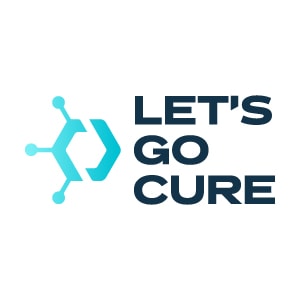Dive Brief:
- Merck last week said a trial testing its immuno-oncology flagship Keytruda (pembrolizumab) had met its primary endpoint of overall survival among patients with previously treated urothelial cancer, keeping the drug on track for approval in that setting.
- A data monitoring committee recommended the trial, known as KEYNOTE-045, be halted early based on an interim analysis. The positive results come on the heels of strong data for Keytruda in first-line non-small cell lung cancer (NSCLC), keeping the pressure on Bristol-Myers Squibb and Roche in immuno-oncology.
- Bristol-Myers had some good news of its own last week, announcing the Food and Drug Administration granted its I/O drug Opdivo (nivolumab) priority review status in metastatic urothelial carcinoma, setting up a target decision date of March 7, 2017.
Dive Insight:
Bladder cancer is the ninth most commonly diagnosed cancer in the world, with around 430,000 new cases each year and more than 165,000 deaths. Urothelial carcinoma makes up around 90% of all cases, and recurrence and progression rates are high. With few treatment options for metastatic urothelial carcinoma, the competition Merck and Bristol-Myers respective checkpoint inhibitors looks set to ramp up even further.
Opdivo (nivolumab) has won approval in melanoma, NSCLC, renal cell carcinoma and Hodgkin's lymphoma. Merck's Keytruda, on the other hand, is okayed for use against melanoma, NSCLC and head and neck cancer.
Up until now, Opdivo had been seen as the standard-bearer in the space but a recent setback in first-line NSCLC could open the door for Keytruda to make up ground.
Over the first six months of 2016, Opdivo's sales grew to more than $1.5 billion, whereas Keytruda sat at just $563 million. Those sales figures will get updated this week, as Merck is set to report third quarter earnings tomorrow and Bristol-Myers will do the same on Thursday.
While many expect Bristol-Myers' failures in first-line NSCLC to crimp future sales, Opdivo should hold onto its sales lead for some time. A decision on first-line NSCLC approval for Keytruda is set for December 24 this year.
In urothelial cancer, both drugs will face competition from Roche's PD-L1 inhibitor Tecentriq (atezolizumab), which entered the market in that indication, racking up sales of $77 million last quarter.













